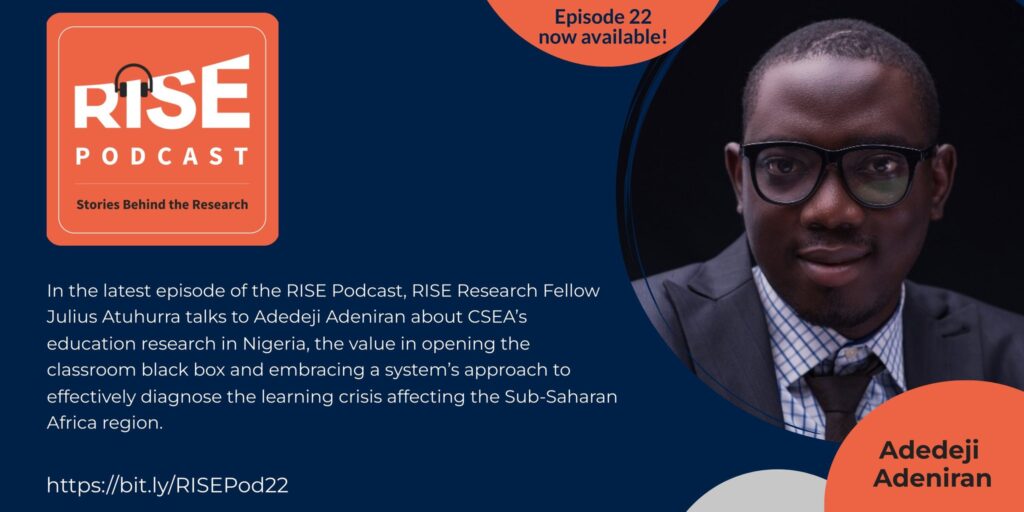

This policy brief aims to outline the key considerations for developing artificial intelligence (AI) governance frameworks that promote transparency, accountability and confidence in AI systems across the African continent. AI is gaining some traction in African countries, as a means to drive socio-
economic development. Countries are recognising the potential of AI and as a result, are investing in research, innovation, and infrastructure to foster its growth.
This policy insights examines the potential impact of the African Continental Free Trade Area, and its underlying agreement, on biodiversity, agriculture and food security in Africa. It highlights the significant benefits that the implementation of the agreement promises to bring, particularly in the agricultural sector, and the potentially negative effects on Africa’s biodiversity, smallholder farmers and the environment. To mitigate these potentially negative effects, this policy insight recommends various policies aimed at supporting biodiversity-based agriculture, establishing a common approach to intellectual property rights protection, regularly assessing compliance with multilateral environmental
agreements, promoting access to biodiverse and nutritious produce, and investing in
capacity development, research and partnerships.
This paper was first publised by SAIIA. READ MORE
In this episode, RISE research fellow Julius Atuhurra speaks to CSEA's Director of Research, Dr. Adedeji Adeniran, about CSEA’s education research journey that has evolved from an initial focus on education financing to studying more nuanced topics, including: education system diagnosis, data quality, community engagement, policy analysis tools, and curriculum effectiveness. He highlights the need to fully grasp what transpires inside the classroom and how that is influenced by interactions happening outside the classroom. He also explains RISE Nigeria’s primary focus on demand-side actors and discusses findings from their recent study on primary-level curriculum effectiveness in Nigeria.

The moderating role of regulatory quality in the relationship between ICT and financial development in Africa is investigated in this study. We employ data from 38 African countries from 2003 to 2020. For the analysis, a two-step system GMM is used. Our findings demonstrate that ICT and regulatory quality are essential for financial development. The net effect of ICT and regulatory quality on financial development is positive, implying that regulatory quality moderates upwards the nexus between ICT and financial development.
The journal was written by Isiaka Akande Raifu, Ismaila Adeleye Okunoye and Alarudeen Aminu
The pandemic undermined the progress towards the Sustainable Development Goals. The prosperity of the Global South, including Nigeria, depends on universal quality education at the foundation level. This article highlights how the pandemic reversed the gains realised since 2015. It describes how technology and partnership could help build back the educational sector to achieve inclusive quality learning.
Educational inequality describes the disparity in education opportunities among socio-economic, regional, and cultural groups. In Nigeria, for example, the school completion rate among children from wealthy households and the southern region is 63% and 34% higher than those from low-income families and the northern part. Such educational inequalities contribute to widening disparity in opportunities. People with low or little education are more likely to work in the informal sector and low-wage employment.
This Blog was first published here by the Southern Voice.
